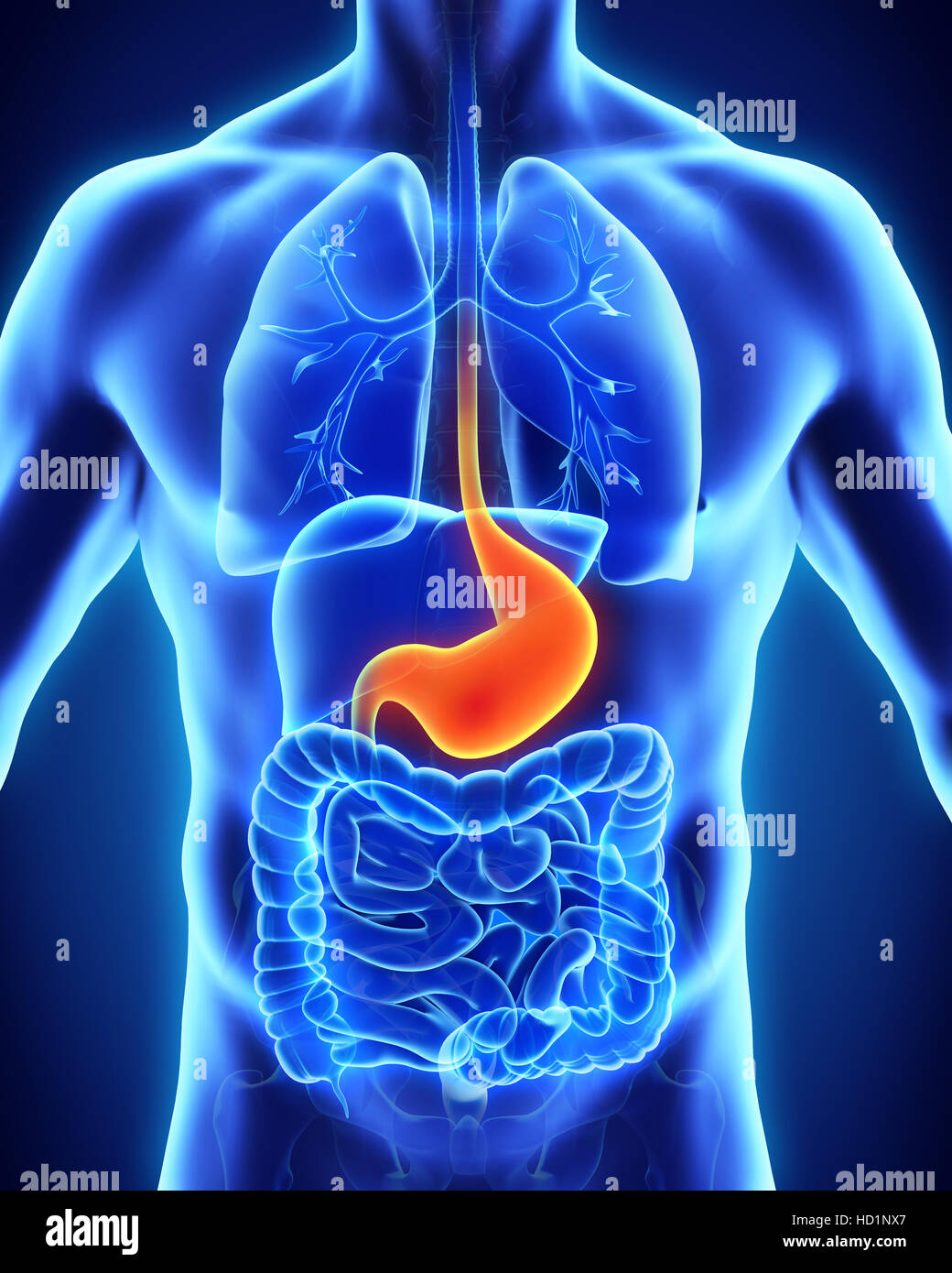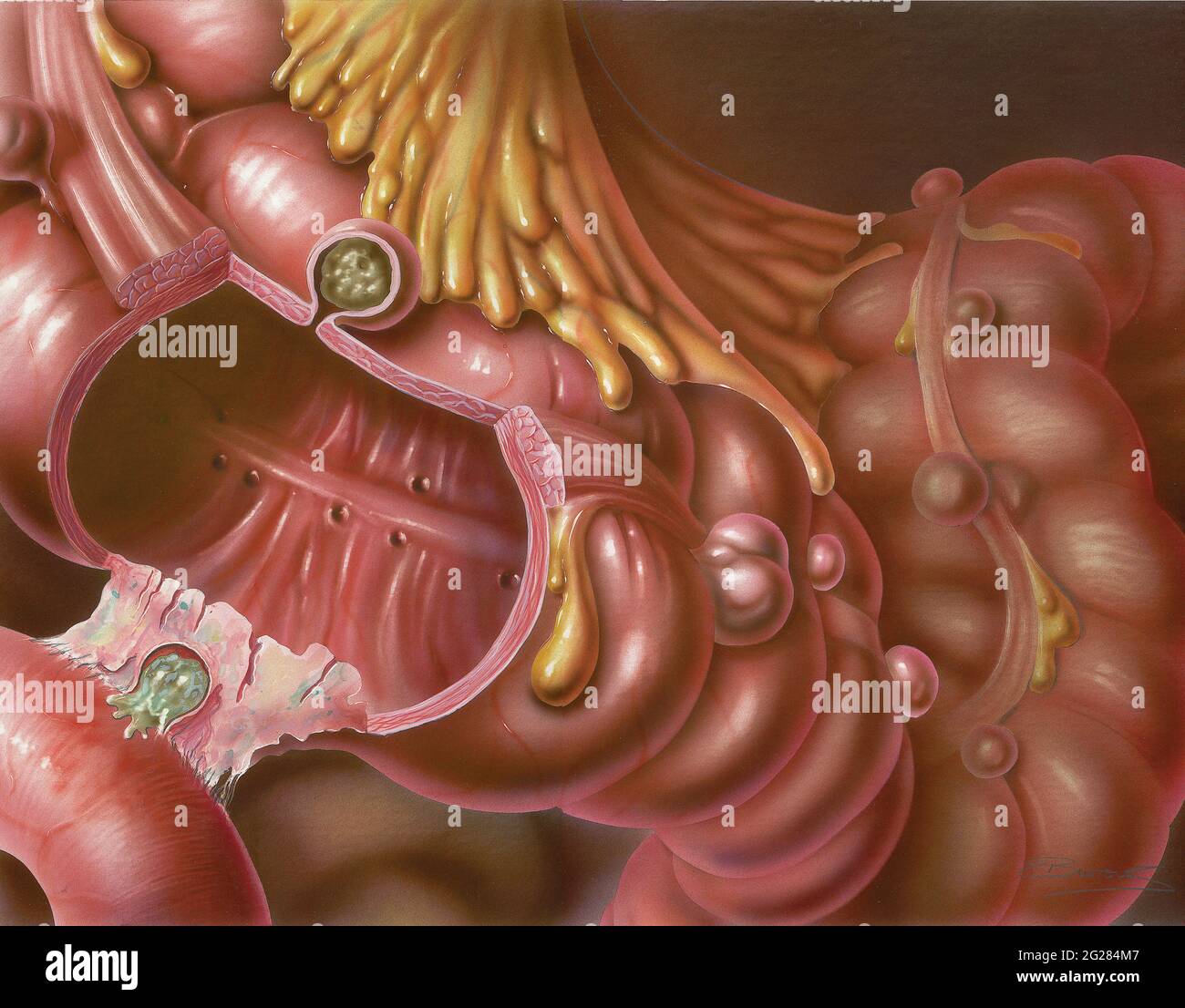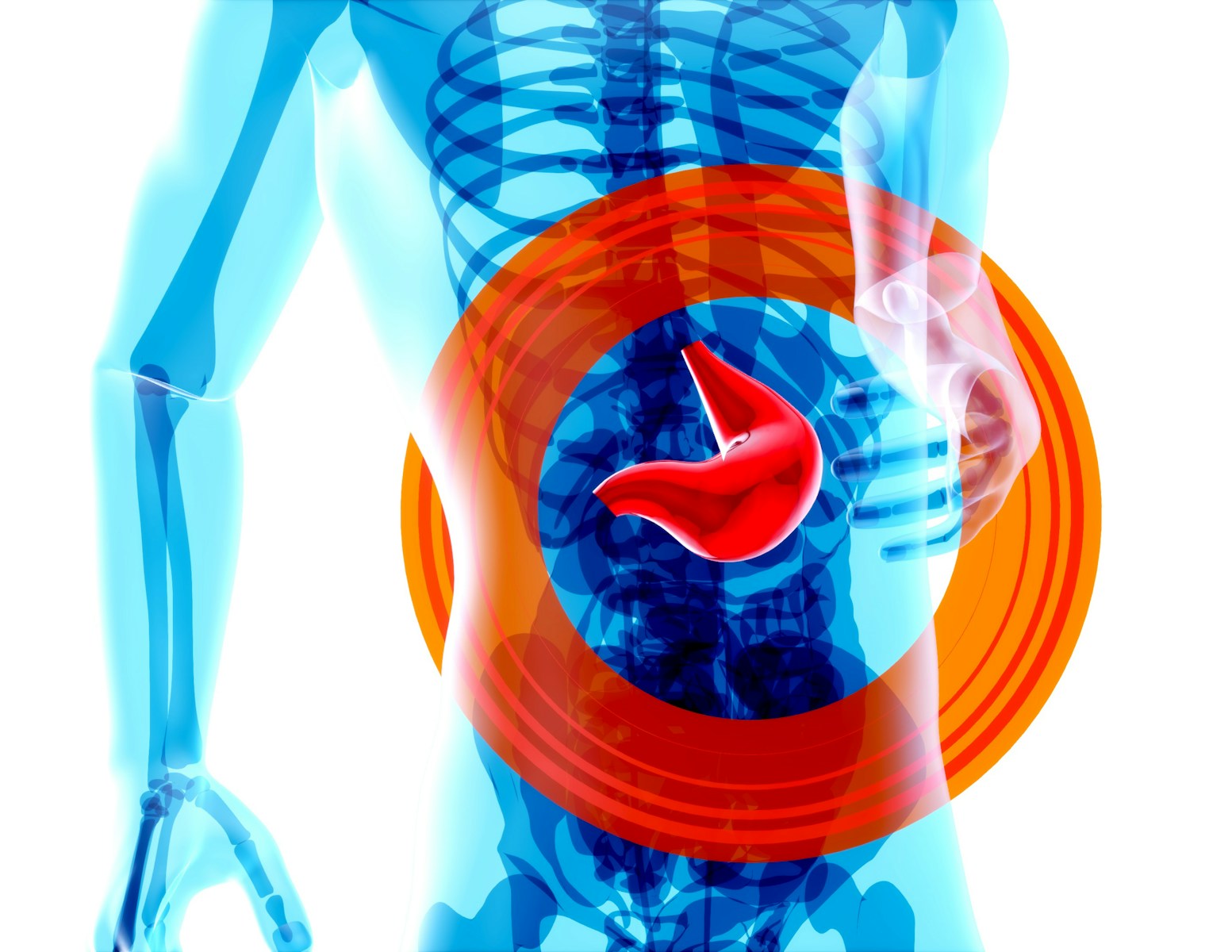
Everyone’s been there, right? That moment when you feel a little bubble ready. It is not the time to just let it go. Maybe you are on a date somewhere quiet. Or perhaps you are trying to seem calm around your partner. Managing natural body stuff in public feels normal.
But what if that makes you hold it in? Holding it in can get pretty wild sometimes. Even needing a trip to the hospital could happen. A story recently blew up everyone’s feeds. Brazilian influencer Viih Tube was involved. She has over 23 million people following her. She ended up in a wheelchair at the airport there.
She felt awful pain in her tummy. The pain culprit turned out to be gas build – up. Yes, the kind after you have eaten food. Viih was at a music festival with her boyfriend. She felt too embarrassed to pass gas near him. So, she held it in and did not let it out.

The result was pain making a wheelchair needful. She shared her airport issue with her followers online. Viih tagged another Brazilian singer called Pocah too. Pocah had felt something like that before. It seems Viih is not alone in this discomfort. Pocah was hospitalized earlier this year. Guess why?
From trapped gas accumulating inside. She woke one morning with bad stomach pains and ended up in hospital just like Viih. Pocah confessed she wasn’t on “farting terms” with her new boyfriend, she said. She had been trying to hold it all in. After the hospital, Pocah gave very blunt advice.
She tells fans, “Do not feel shame to fart.” “Not in front of your guy,” she insisted strongly. “What’s embarrassing is keeping him awake.” “Or going to the hospital with him instead.” “And they say it is just ‘trapped farts’.” “From now on I will let them rip.” That sounds like pretty good advice, honestly.
These stories feel relatable on some level. Who hasn’t held in gas when they didn’t want to? It shows this is more than mild discomfort. Things can definitely escalate sometimes. So what is really going on here exactly? Why does holding gas cause so much pain? Experts have opinions about this issue.
Dr Faraz, a doctor on TikTok, explained. Gas is just a natural waste from digestion. It mixes with swallowed air when you eat. When you hold a fart, you tighten muscles down there. These are the same muscles controlling bowel movements. This keeps the gas stuck in your digestive area.
Dr Rosario Ligresti is chief of gastroenterology. He confirms holding gas is not permanently harmful. The gas does absorb into your bloodstream later. You actually breathe it out through your lungs then. But he really stresses that it is not advised. The discomfort from built – up pressure is quite real.
It can be very intense too, he thinks. “Holding gas can make you uncomfortable,” says Dr Ligresti. This happens due to something called intestinal distension. It can lead to bloating or feeling sick to your stomach. Intestinal distension means your gut swells up bigger.
Read more about: I Swapped Alcohol for Psychedelic Water and Explored the Booming Sober-Curious Scene. Here’s What I Found.

The gas has nowhere it can really go instead. So it takes up more space inside your belly area. This makes your stomach feel hard and then bulge out. More swelling just means you feel worse. Trying to be polite causes truly painful situations. Viih Tube and Pocah learned this lesson the hard way.
Pregnancy adds more complicated things for tummies. Your body changes the way of digestion during pregnancy. Hormones and baby pressure affect everything inside. Morning sickness and constipation are part of the experience. Later in pregnancy, things get very confusing. Is that discomfort just gas or possibly labor?
This question comes up surprisingly often for people. Early labor pain feels much like gas pain sometimes. It is genuinely hard to tell which it might be. Luckily, there are ways to tell them apart usually. Knowing the signs is important. Real labor contractions have their own rhythm.
They arrive in waves, starting mild at first. Then they build in intensity, and then ease up slowly. There are breaks of time between each one. Dr Paul du Treil is an OB – GYN doctor. He states that labor follows a specific pattern. Often they come every four to five minutes there. They also get stronger as more time passes.
Gas pain, instead, is usually more constant in feeling. Or maybe it is completely irregular. If timing the discomfort shows no pattern, it is usually gas. Another big labor sign is your belly’s action. Labor includes strong muscle tightening inside your uterus.
“There is an uncomfortable tightening sensation,” Dr du Treil says. “The whole stomach feels hard during labor,” he adds. If your stomach hardens each time pain hits, that is a sign. And if it softens when pain passes, it means a contraction is probably happening. Gas makes your belly full but does not tighten like that.
Gas does not tighten or release in rhythmic waves. Furthermore, real labor contractions often come with other signs too. Your body gets ready for having the baby. Dr Bart Putterman is another OB – GYN expert. He notes things like bloody mucus or a change in discharge. These increase the chance that you feel actual labor beginning.
If just belly pain happens, it is probably gas. Or perhaps another digestive problem might be the cause. So if you’re not pregnant but having trapped gas pain. Or if you’re pregnant and trying to figure things out. What does gas pain feel like specifically? Beyond just a general ache that feels bad.
Read more about: The Thin Air Gamble: When Fitness Isn’t Enough and a Controversial Shortcut Beckons on Everest

Pain from gas often feels sharper compared to labor. Labor aches feel more similar to period cramps, you know. You will probably feel bloated in your tummy area. The gas pain comes and goes on an irregular schedule. It does not have labor’s predictable timing pattern. Gas pain is also linked to certain foods you eat.
Pregnancy hormones plus baby pressure make digestion sensitive. Almost any food could potentially cause gas. However, some foods are often the usual suspects. This includes fried, greasy, and spicy food dishes. Healthy foods like broccoli or cauliflower are culprits too. High – fiber items like beans normally cause gas.
They are good for the baby but make gas happen. Onions, garlic, and fizzy drinks cause gas too. If gas pain persists, check your diet now. Maybe cut back on gas – inducing foods for a time until things calm down or the baby is arriving soon. One key way to tell gas from contractions is to see if going to the restroom brings relief.
Gas pains usually go away fast once you relieve yourself. If a bathroom trip makes the pain disappear, it’s a good sign. Your baby is not arriving just yet, it seems. The discomfort was only trapped gas doing its thing. Moving your body helps ease gas pains sometimes.
Taking a walk or doing some light stretching feels good. This does not stop true labor contractions actually. Contractions often get stronger when you are active instead. That is another sign they are real contractions. Ultimately, gas and early labor can feel similar sometimes. Both can cause uncomfortable feelings inside you.
But pay attention to the characteristics to know better. Look for rhythm, belly tightening, and other symptoms for labor. Look for irregularity, sharpness, bloating, and food links for gas. Also, relief from the bathroom or movement is a sign of gas. The stories of Viih Tube and Pocah teach a lesson. Holding it in is not just awkward for you. It genuinely can cause pain, you know.
Dr Ligresti says it is not permanently harmful though. But he definitely says it is not recommended at all. Immediate discomfort is clearly significant here. Enough to land you in a wheelchair or even requiring a hospital visit sometimes. If ever unsure, especially being pregnant, the best choice is to call a healthcare provider right away.
They can help figure out what is really happening. And offer ways to manage the bad – feeling pain. Whether it is just gas or something more.
You’ve heard the stories about holding gas in. Now let’s understand what really goes on inside your body. We explore why it might impact women more often. Learn too when calling a doctor is necessary. Trapped gas might lead to hospital trips, which is not fun.
Deciding not to let gas pass tightens your muscles. These are the muscles you use for bowel movements below. Doing this stops the gas from leaving its path. Your gut is one long connected tube internally. Keeping gas stuck impacts other places. This causes discomfort that travels around. Unexpected symptoms show up this way.
Not all trapped gas stays put inside. Some of it absorbs through the gut wall now. It enters your bloodstream right there. Where does it travel next within you? It goes through your system to reach your lungs. Then your body breathes it out slowly. Seems a bit strange, doesn’t it? But holding it creates pressure anyway. This pressure is the source of much of the major discomfort you feel.
This pressure always causes intestinal distension. Think of your gut like a balloon blown up. Pumping gas in without releasing expands it. This is happening inside your abdomen. Your gut expands with gas trapped there. It takes up much space in your belly. This makes your stomach feel quite hard. It can even make it visibly protrude outward. Then comes that really uncomfortable bloated feeling constantly.
Yes, distension stands as the culprit for pain. Doctors say your gut is just a tube. It holds only so much volume inside. The more it expands from gas accumulation, the more distended and uncomfortable you will become. Pain ranges from dull aches sometimes. It includes sharp, intense feelings happening fast. These moments make you regret being polite fully.
Holding gas is usually temporary discomfort only. But rare, more serious scenarios exist too. If someone has an underlying bowel obstruction sometimes. Blockage from a hernia or cancer can cause this. This stops food or waste from moving correctly. Holding gas can become very dangerous. The colon blows up behind the blockage like a balloon. If the intestine walls become weak from pressure, this might cause it to burst theoretically.

Another risk discussed remains theoretical. It is the potential development of diverticulosis, they say. Constantly high gas volumes pressure the gut wall. Small pouches form there due to the pressure. Gut walls weaken over time with this process. The link is still just a hypothesis among experts. This perhaps highlights the strain on your system.
Why are women more affected by gut problems? Experts often bring this up themselves. Issues from holding gas link into this situation. There’s a mix of reasons they find out. Social pressures factor in for certain. Biological aspects play a role here too. Experts warn that women feel more pressure. Societal expectations make them ‘hold it in’.
Parcopresis is the name for the extreme reluctance people show. Shy bowel syndrome is another term. It’s not just about passing gas or farts. Anxiety makes people struggle to pass gas. They struggle to poop in public or near others. Most sufferers are women, sadly enough. It brings agonizing constipation symptoms. Significant anxiety and stress come with it. This relates directly to their digestive health.
Statistics back up some of this picture. A UK report in 2019 found this. Women accounted for sixty percent of hospital admissions. The admissions were linked to constipation problems. Remember the story of the Irish woman Cara Clarke? Her appendix was reportedly removed later. She held in farts around her boyfriend for two years. She ended up in hospital with extreme pain. The infection was perhaps made worse by trying to be polite.
Biological differences contribute to these issues. Irritable bowel syndrome affects fifteen percent of people. It is twice as likely to affect women usually. Women are seven hundred percent more likely, in fact, to suffer from debilitating microscopic colitis disease. This causes inflammation leading to persistent diarrhea.
Experts theorize that women suffer more symptoms. This is connected to their monthly cycles. Women with IBS often find their symptoms worsen. This often happens around their period. Hormone fluctuations are linked to this cycle. Estrogen and progesterone play crucial roles. They regulate bodily functions, including digestion. Hormonal shifts frequently trigger IBS symptoms. This explains period – related flare – ups in women.
Doctors note that women are more affected psychologically. This happens with the GI symptoms they observe. Higher rates of depression and anxiety are found. A decreased quality of life compared to men exists. Gut disorders in women, like constipation, result from a complex interplay of factors involved. Both psychological and physical reasons combine. Sex hormones like estrogen may be the reason. Doctors say this triggers symptoms and period – related flares.
Related posts:
6 Ways to Tell the Difference Between Gas and Labor Contractions
I ended up in a wheelchair after being too embarrassed to fart in front of my boyfriend
Brazilian Influencer Lands in Hospital After Holding in Farts, Says ‘Was Embarrassed to Pass Gas In Front of Boyfriend’




